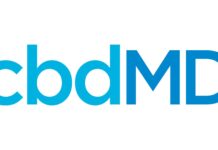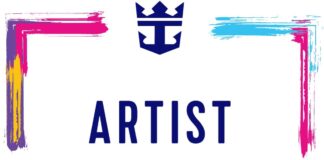BETHESDA, Maryland, Nov. 1, 2018 /PRNewswire-HISPANIC PR WIRE/ — The National Institutes of Health will fund the collection of information from women with disabilities who give birth in the United States. The Pregnancy Risk Assessment Monitoring System (PRAMS) is a survey of the U.S. Centers for Disease Control and Prevention, administered by state health departments. PRAMS covers approximately 83 percent of U.S. births and includes information on mothers’ attitudes and experiences before, during and shortly after pregnancy. PRAMS data are widely used by researchers and state and local governments to evaluate the effectiveness of pregnancy initiatives and outcomes.
“It’s estimated that more than 1 million women of childbearing age in the United States have a disability,” said Alison Cernich, Ph.D., director of the National Center for Medical Rehabilitation Research (NCMRR), a component of NIH’s Eunice Kennedy Shriver National Institute of Child Health and Human Development (NICHD). “But we really know very little about their pregnancy risks or even their basic experiences during or after pregnancy.”
NICHD research interests overlap with the focus of PRAMS, including pregnancy, breastfeeding, infant health care and contraception. Dr. Cernich explained that NCMRR’s efforts to include data on women with disabilities will contribute important information on the impact of disability on pregnancy and maternal and child health. It will provide $1.5 million to incorporate the disability survey as a supplement to the PRAMS questionnaire as part of data collection in 22 states. The survey will consist of 6 questions on functions, such as seeing, hearing, walking and self-care.
“The new data may help us better understand prenatal complications by disability type and severity, as well as the impact disability status may have on breastfeeding,” said NCMRR’s Dr. Cernich.
The supplemental disability survey is expected to be administered in 2019. Data are expected to be available by 2020.
About the Eunice Kennedy Shriver National Institute of Child Health and Human Development (NICHD): NICHD conducts and supports research in the United States and throughout the world on fetal, infant and child development; maternal, child and family health; reproductive biology and population issues; and medical rehabilitation. For more information, visit NICHD’s website.
About the National Institutes of Health (NIH): NIH, the nation’s medical research agency, includes 27 Institutes and Centers and is a component of the U.S. Department of Health and Human Services. NIH is the primary federal agency conducting and supporting basic, clinical, and translational medical research, and is investigating the causes, treatments, and cures for both common and rare diseases. For more information about NIH and its programs, visit http://www.nih.gov
SOURCE Eunice Kennedy Shriver National Institute of Child Health and Human Development





